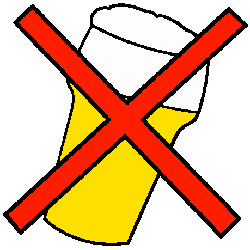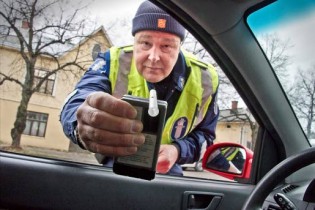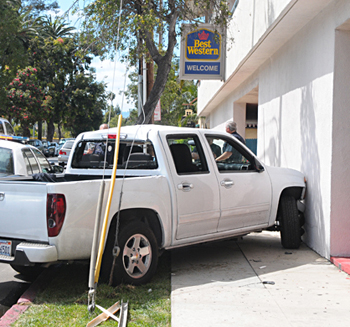 New Jersey will receive millions in federal grants to combat drunken driving and increase safety on the roads.
New Jersey will receive millions in federal grants to combat drunken driving and increase safety on the roads.
Nearly $5 million in funding is being awarded from four U.S. Department of Transportation grants.
The funds are being distributed through the New Jersey Division of Highway Traffic Safety, and the allocation of the funds includes:
- $2,960,000 for drunk driving efforts;
- $1,260,349 for highway safety programs, including reducing drunk driving and distracted driving, increasing seat belt use and improving pedestrian safety;
- $486,751 to improve traffic flow monitoring systems;
- $266,580 to enforce child seat belt laws
Senator Lautenberg, a member of the Transportation Appropriations Subcommittee, which funds the Department of Transportation, has said, “Traffic deaths on our highways are a tragedy and we will continue to fight for funding that will keep New Jerseyans safe.”
Hunterdon County was the recipient of a four-year, $200,000 grant provided by the Sober Truth on Preventing Underage Drinking Act. The grant money is hoped to change the environmental influences which can lead to teenage drinking.


 Wyoming is considering adopting a
Wyoming is considering adopting a  D.C. is resuming
D.C. is resuming  An Allegheny County program allows drunk drivers to serve mandatory jail time in a hotel if they meet certain requirements. Known to some as “
An Allegheny County program allows drunk drivers to serve mandatory jail time in a hotel if they meet certain requirements. Known to some as “